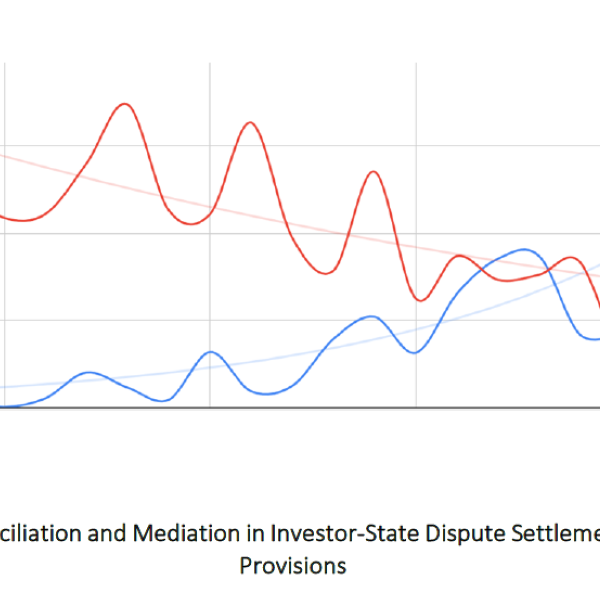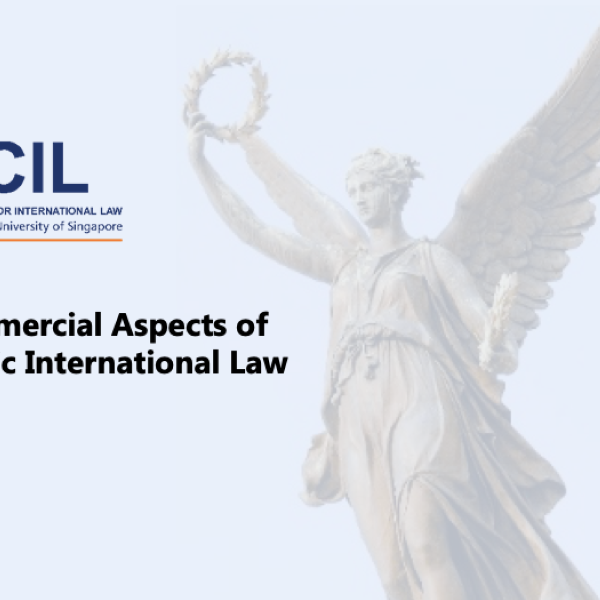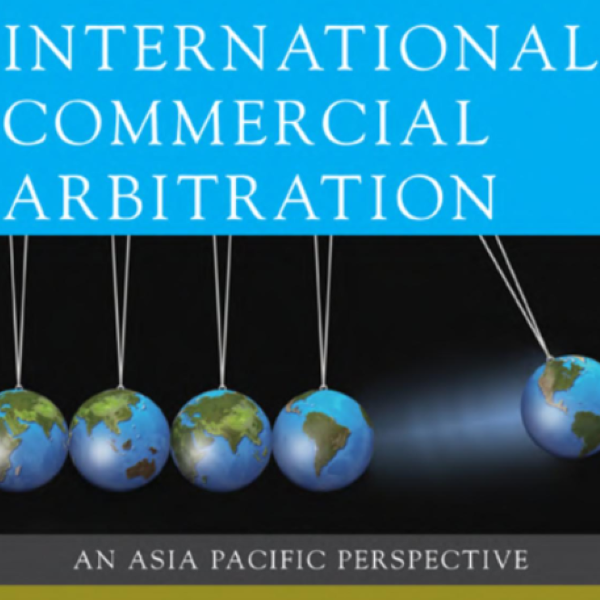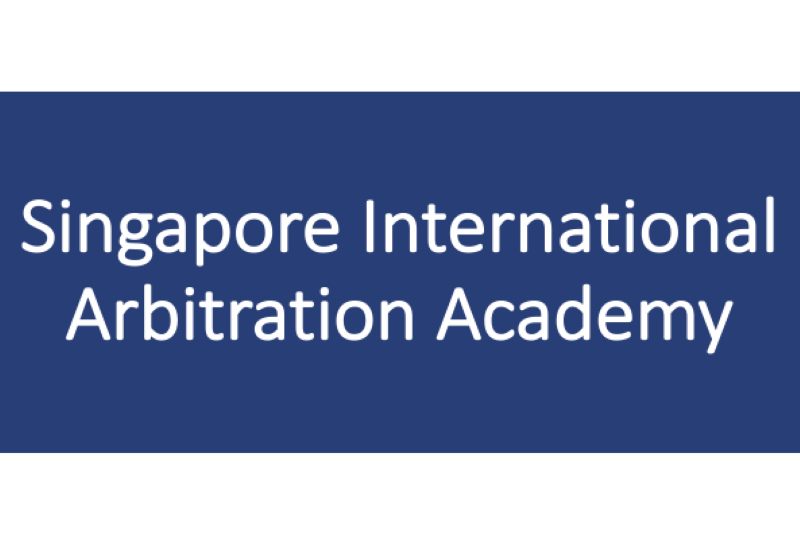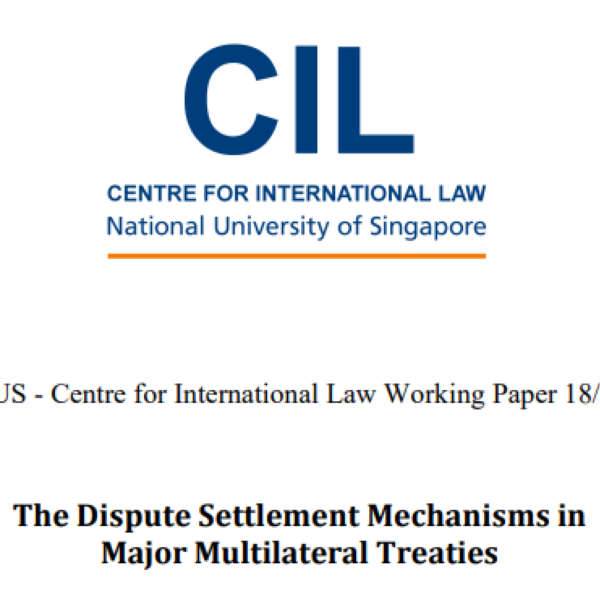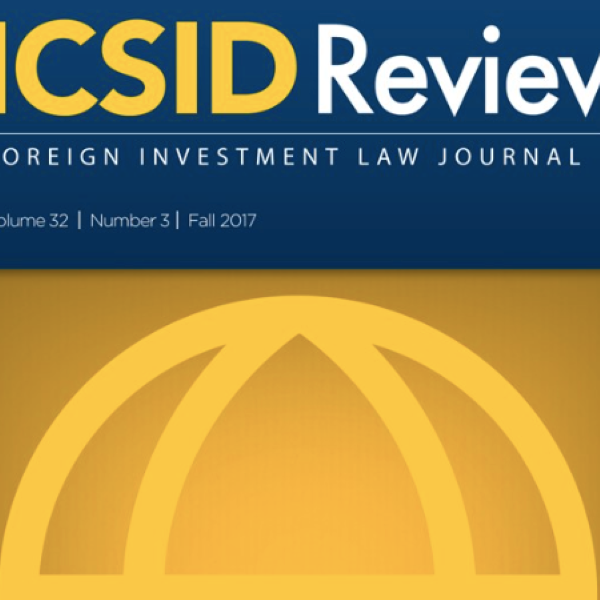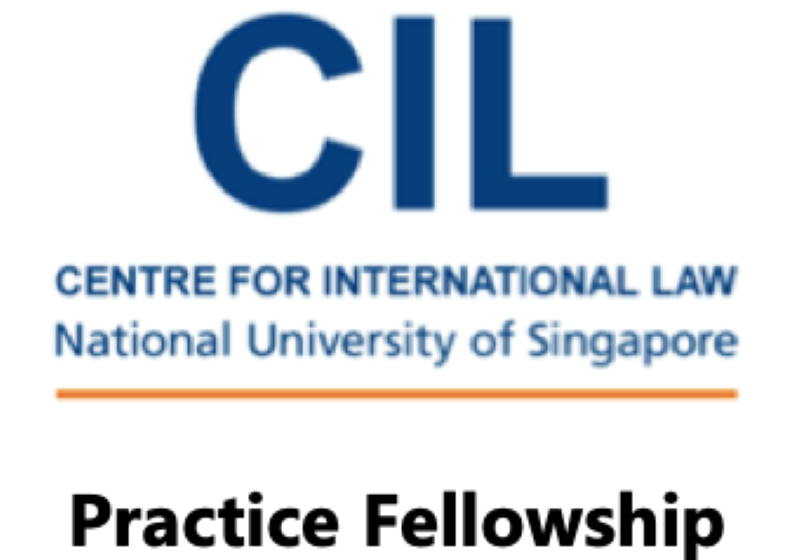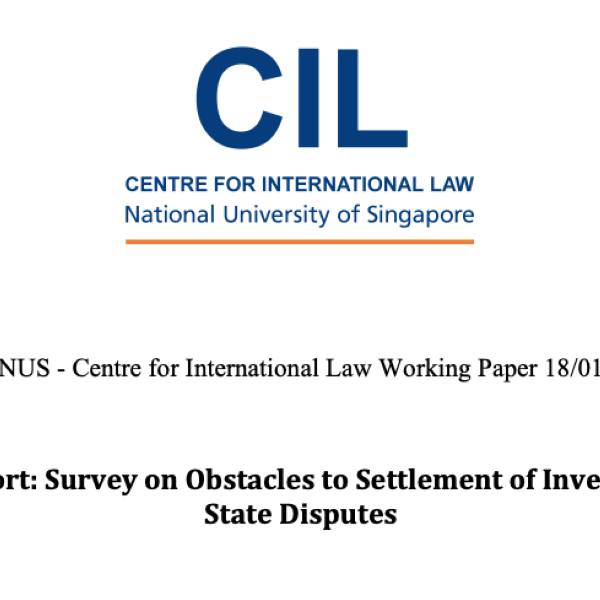Dispute Settlement Mechanisms in Major Multilateral Treaties
CIL has completed a major quantitative analysis of the dispute settlement mechanisms of 236 major multilateral treaties for which the UN Secretary-General is depositary. The IDR team looked at the different dispute settlement methods contained in those treaties, including how many provide for referral to a third-party, how many provide for compulsory as opposed to voluntary procedures, and the types of third-party forum provided for.
The key finding of this research is that, contrary to popular belief, the great majority of multilateral treaties provide for compulsory referral to a third party, meaning they can be triggered without the consent of both disputing parties.
A full explanation of our methodology and findings is available in CIL Working Paper 18/02 – The Dispute Settlement Mechanisms in Major Multilateral Treaties.
CIL has also created a compilation of all the dispute settlement provisions in the multilateral treaties. The team took a broad approach in creating the compilation, so that it can serve as a basis for research in a range of areas beyond dispute settlement. Included in the compilation are reservation and compliance provisions, as well as provisions establishing centralised treaty bodies and secretariats, given their often close inter-relationship with dispute settlement mechanisms.
The Compilation of Dispute Settlement and Compliance Provisions in the Multilateral Treaties Deposited with the Secretary-General of the United Nations (2017) is available here.


